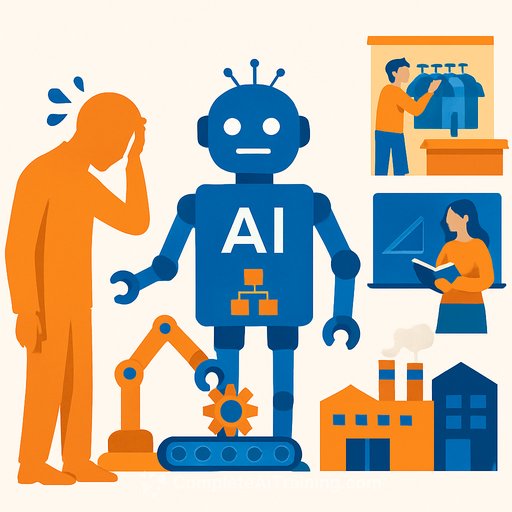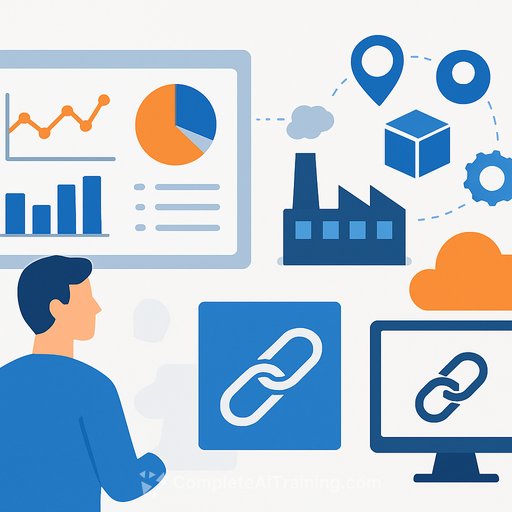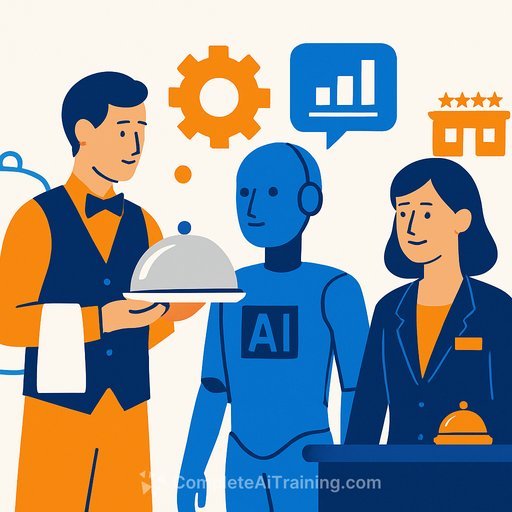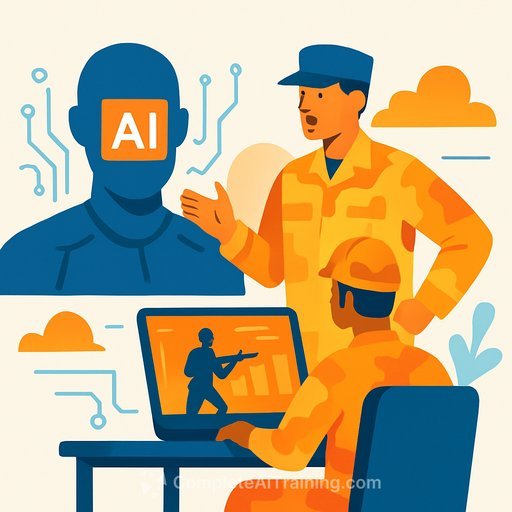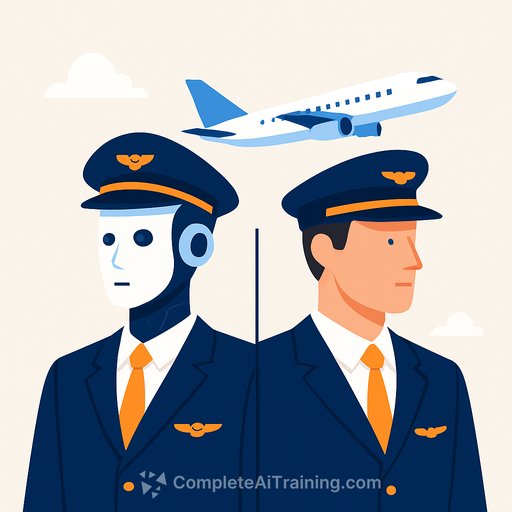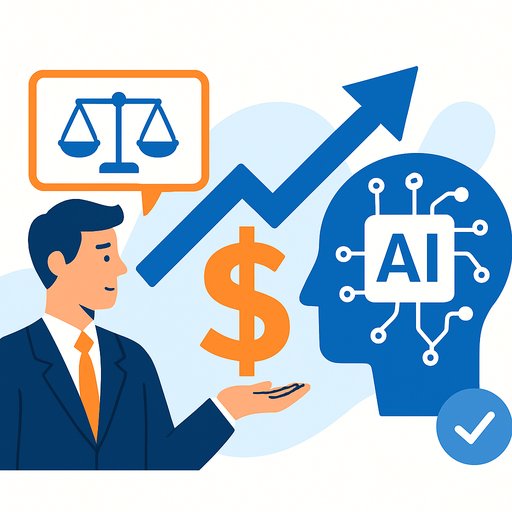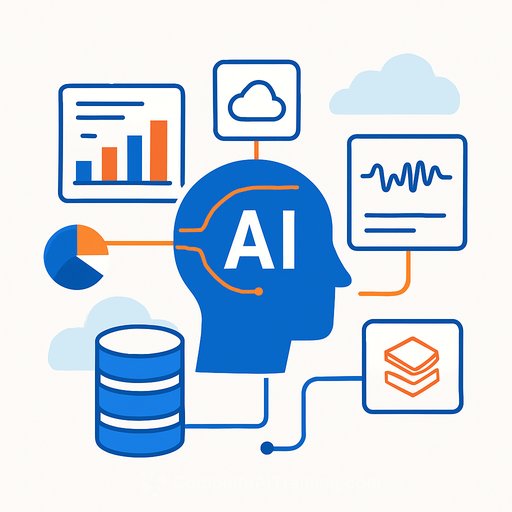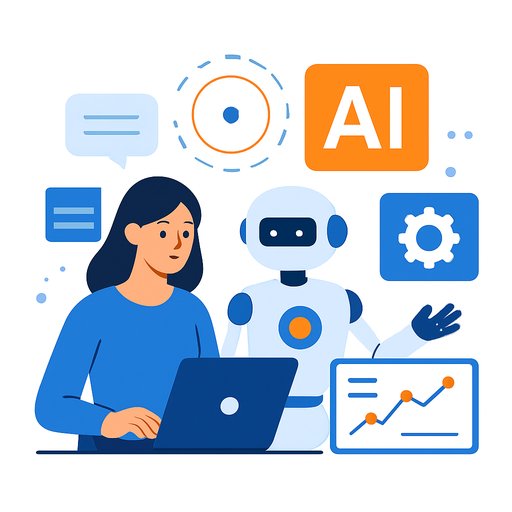1.8 Crore Jobs at Risk? Three Sectors in India Likely to be Impacted by AI and New-Age Technologies
Artificial Intelligence (AI) and new-age technologies are set to change how industries operate, putting over 1.8 crore jobs at risk across three major sectors in India by 2030. These changes mainly affect roles that involve routine, repetitive tasks that are highly automatable.
The sectors expected to face the biggest impact are Manufacturing, Retail, and Education. Among these, Manufacturing will see the largest workforce disruption, with 80 lakh jobs likely to be affected, followed by Retail with 76 lakh, and Education with 25 lakh jobs impacted within the next five years.
Which Jobs Will Be Affected?
Jobs with high automation potential, such as Change Managers and Payroll Clerks, are the most vulnerable. AI systems are taking over routine coordination and administrative tasks in these roles. On the other hand, roles requiring more complex interaction with technology—like Implementation Consultants and System Administrators—are evolving to work alongside AI rather than being replaced by it.
TCS Layoffs Reflect Industry Shifts
Tata Consultancy Services (TCS), India’s largest IT firm, announced layoffs of about 2% of its workforce—over 12,000 employees—for the 2025-26 financial year. The cuts will focus on middle and senior management as part of a strategy to become more technology-focused and AI-ready. TCS currently employs over 6 lakh people, highlighting the scale of this transition.
Will AI Create New Jobs?
While AI will disrupt many roles, it is also expected to create approximately 30 lakh new jobs in technology by 2030. AI will reshape the workforce by redefining over 1.35 crore roles, according to industry experts.
India has a unique chance to lead globally by building AI-ready talent, redesigning workflows, and updating business models to focus on innovation. Companies are already investing heavily in AI, with 13.5% of tech budgets allocated towards AI adoption, and one in four firms actively transforming their operations.
Preparing for the Future
- Focus on developing skills that complement AI technologies rather than compete with them.
- Embrace continuous learning and reskilling to stay relevant in changing job roles.
- Businesses should prioritize data security and strategic planning to manage AI integration effectively.
For professionals in management and operations, understanding these shifts is crucial. Investing time in AI-related learning can help future-proof your career. Explore AI courses and training programs to stay ahead in this evolving landscape.
Your membership also unlocks:

